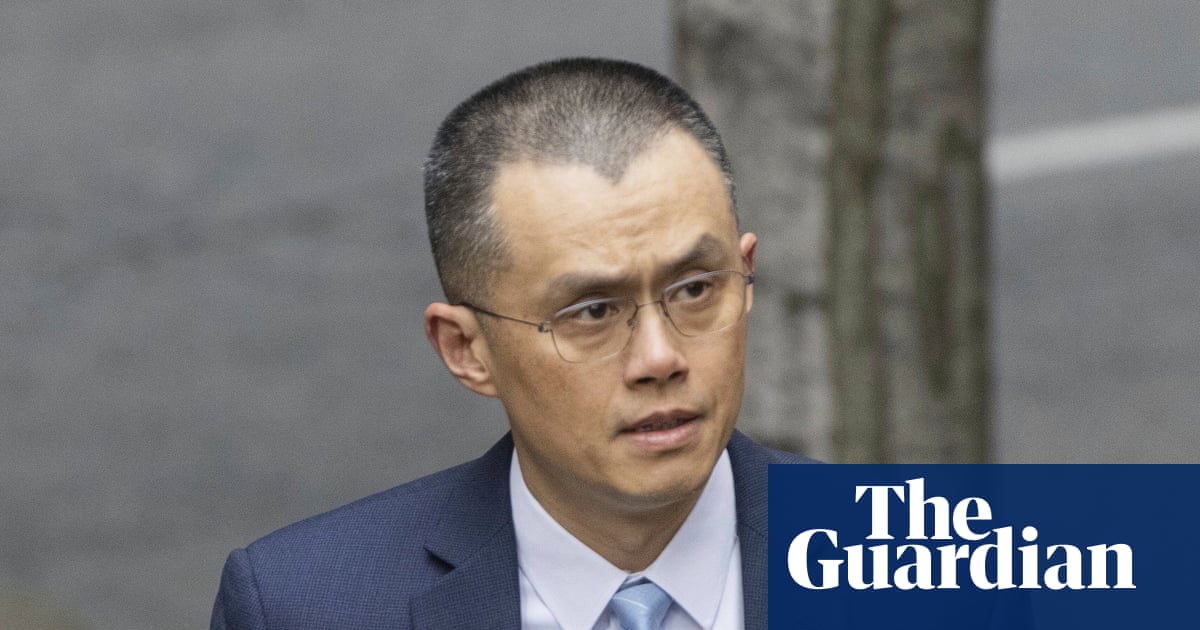Ibikunle Peters is an IT and telecom infrastructure expert with over a decade of experience, recognised for his work powering Nigeria’s largest network deployments and national-scale digital operations. With over a decade of experience across Airtel Networks Nigeria, 9mobile, and Huawei, Peters has delivered and managed high-stakes systems, enabling secure elections, nationwide censuses, and critical telecommunications services trusted by millions.
He specialises in network systems integration, application uptime and resilience, enterprise software management, and real-time operational troubleshooting. His voice shapes how critical technology enables national stability, digital access, and business transformation in Africa’s fast-evolving markets.
- Explain your job to a 5-year-old.
I make sure phones and computers can talk to each other properly. Imagine that your cartoon stops working or your mum can’t call grandma. I’m the one who fixes it behind the scenes, so everything works again, and you can continue to watch your cartoons and enjoy those pleasant moments.
- You cut your teeth working as a Billing Application Engineer at Huawei for nearly ten years. That sounds like it must’ve been an important role. What did you do in that position?
At Huawei, I was responsible for the charging & billing systems used by major telecom operators at the time. These systems processed millions of transactions daily—calls, texts, data sessions. My role involved ensuring service quality met regulatory standards and that systems were accurate, secure, and always available. I also applied my data science techniques to detect anomalies in transaction patterns, optimise system performance, and support national rollouts like SIM registration and mobile number portability. It was high-pressure work, but it taught me how to build and maintain systems that scale.
- You’ve worked behind the scenes on systems that keep Nigeria connected. What does a typical high-stakes day look like for you?
It starts with monitoring bespoke dashboards and alerts. If something critical breaks—say, a billing outage or a network disruption—I lead the response, coordinating with vendors and internal teams to restore services quickly within acceptable SLAs. Sometimes it’s about deploying updates without affecting millions of users. Other times, it’s preparing systems for high-stakes national events like elections or censuses, where failure isn’t an option.
- What’s one major crisis you’ve handled that taught you something you still carry today?
During a nationwide SIM/KYC registration campaign, a backend system crashed under unexpected load. I led the recovery effort, working overnight with multiple teams to restore services. Beyond the technical fix, I used data analytics to identify bottlenecks and predict future load patterns, which helped redesign the system for better scalability. That experience taught me the importance of calm leadership, contingency planning, and the power of data-driven decision-making.
- What do people often get wrong about how telecom networks actually work?
Most people think telecom is just about antennas and signals. But the real complexity lies in the backend, including the Base stations, Controllers, billing systems, databases, APIs, and integrations that keep everything running. These systems handle authentication, charging, fraud detection, and regulatory compliance. It’s a tightly woven ecosystem that requires constant monitoring and fine-tuning.









